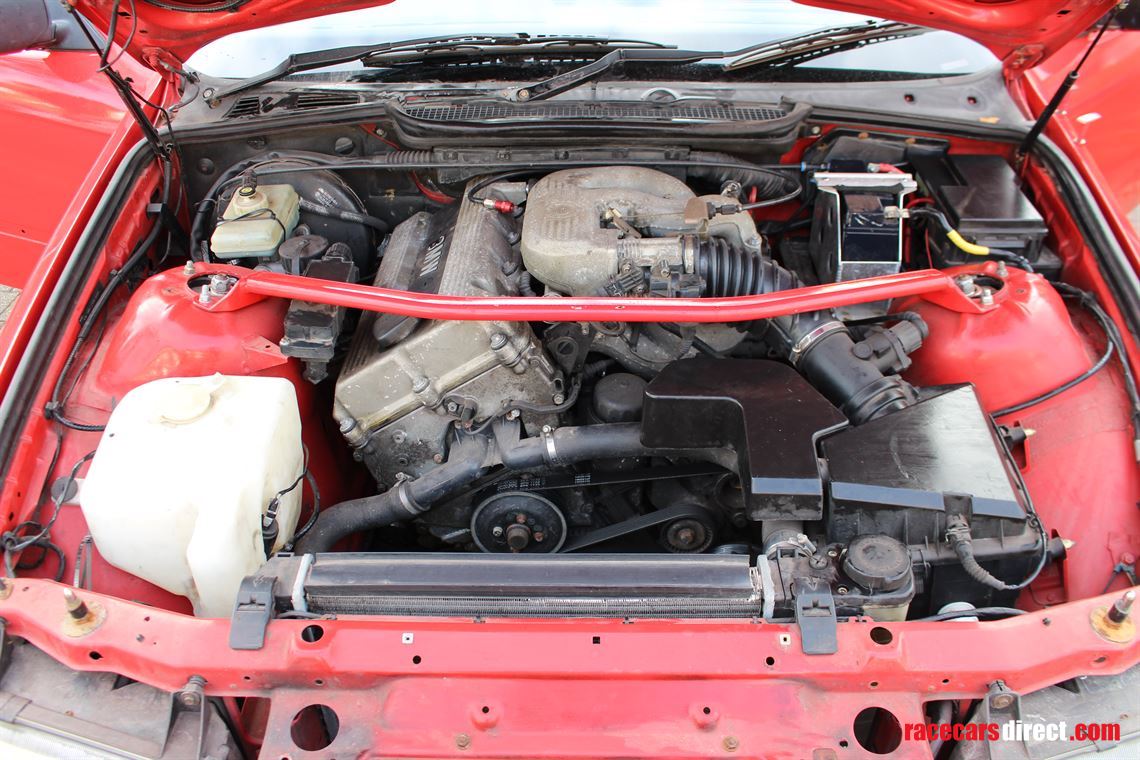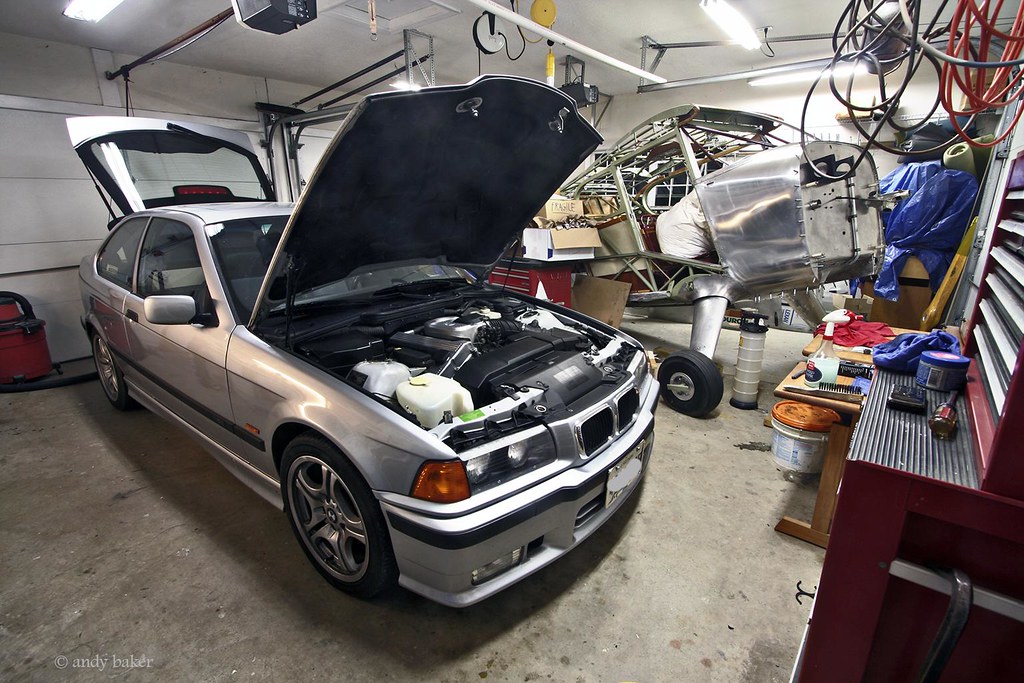Just how to Maintain Your BMW 318ti Running Smoothly for Years
Just how to Maintain Your BMW 318ti Running Smoothly for Years
Blog Article
Crucial Considerations for Picking the very best Engine for Your Needs
In the world of selecting the excellent engine to meet your needs, a number of crucial aspects demand thorough consideration to guarantee optimum performance and performance. From the nuanced balance in between power and performance to the often-overlooked elements of upkeep and service requirements, each element plays a critical duty in identifying one of the most suitable engine for your certain demands. As the complexity of engine modern technologies continues to progress, critical one of the most suitable option requires a deep understanding of the interaction between different factors to consider. By discovering the elaborate internet of factors that underpin this decision-making process, a more clear course arises towards picking an engine that not just satisfies yet exceeds your expectations.
Power and Performance
When assessing engines for ideal performance, it is critical to prioritize both power output and efficiency. Power output measures the ability of an engine to generate power, which straight impacts its performance. A high power result is essential for requiring jobs such as high-speed needs or sturdy applications. It makes certain that the engine can take care of the work effectively and successfully. Nonetheless, power alone is not adequate; effectiveness plays a considerable function in identifying the overall efficiency of an engine. Effectiveness refers to just how well the engine transforms gas into functional power. An extra effective engine will supply much better mileage, reduced discharges, and decreased operating expense. Striking the appropriate balance between power outcome and effectiveness is essential to selecting an engine that satisfies your particular demands. When making this choice, it is crucial to think about factors such as the meant usage of the engine, environmental influence, and long-lasting expense implications. By very carefully evaluating both power and effectiveness, you can choose an engine that supplies optimal performance and fulfills your requirements properly.
Gas Performance and Economy
Gas efficiency refers to the engine's ability to convert gas right into power with very little waste, directly affecting operating prices and ecological sustainability. Engines with greater fuel efficiency not only reduce gas expenditures yet additionally reduce carbon discharges, contributing to a greener operation.

Compatibility and Application
Thinking about the fuel performance and economy of an engine, the following vital element to address is its compatibility and application within specific functional contexts. Compatibility refers to how well the engine incorporates with the overall system or tools it powers. It includes elements such as physical dimensions, placing choices, electrical interfaces, and control systems. Making sure compatibility is necessary to prevent problems such as getting too hot, vibrations, or power discrepancies (bmw 318ti).
In addition, the application of the engine is equally crucial. Various engines are designed for specific functions, whether it be commercial equipment, aquatic vessels, automobiles, or power generators. Comprehending the desired application permits for the selection of an engine that can supply the required power outcome, torque, and functional features. A high-revving engine created for efficiency automobiles would not be appropriate for heavy-duty building devices that needs high torque at low speeds.
Maintenance and Solution Requirements
Upkeep and solution requirements play a critical role in making sure the longevity and ideal efficiency of an engine. Normal maintenance is necessary to protect against break downs, prolong the life-span of the engine, and keep its efficiency. When picking an engine, it is essential to take into consideration the manufacturer's recommended maintenance timetable and the schedule of service centers or certified technicians.
Elements such as the regularity of oil adjustments, filter substitutes, and total evaluations can dramatically influence the engine's efficiency. Some this article engines might require more frequent servicing based upon their layout and use, while others may have longer intervals between maintenance checks. It is important to adhere to these service requirements to avoid costly repair services and unanticipated downtime.

Expense and Spending Plan Considerations
When selecting an engine for a specific application,Budget plan constraints usually play a considerable function in the decision-making process. When taking into consideration the expense and budget effects of choosing an engine, it is vital to analyze not only the preliminary acquisition cost but likewise the long-term costs connected with maintenance, gas usage, and potential upgrades or fixings. It is important to strike an equilibrium between the ahead of time cost of the engine and its general lifecycle prices to guarantee that the chosen engine stays monetarily sustainable throughout its functional life-span.
Variables such as gas durability, reliability, and efficiency can directly affect the complete expense of ownership of an engine. While an extra expensive engine may have greater ahead of time expenses, it could potentially result in reduced upkeep and fuel costs over time, therefore using far better value in the long run.
Conclusion

Fuel efficiency refers to the engine's ability to convert fuel into energy with minimal waste, directly influencing operating expenses and ecological sustainability.Aspects affecting gas performance consist of engine design, burning efficiency, and general efficiency optimization. In addition, choosing the proper fuel type and grade as recommended by the engine maker can better boost effectiveness and prolong engine life expectancy.
Engines with excellent service attributes and conveniently available parts can lower maintenance prices and reduce the time the engine is out of procedure - bmw 318ti. It is essential to visit this website strike a balance in between the in advance cost of the engine and its overall lifecycle prices to make certain that the picked engine remains economically sustainable throughout its functional life expectancy
Report this page